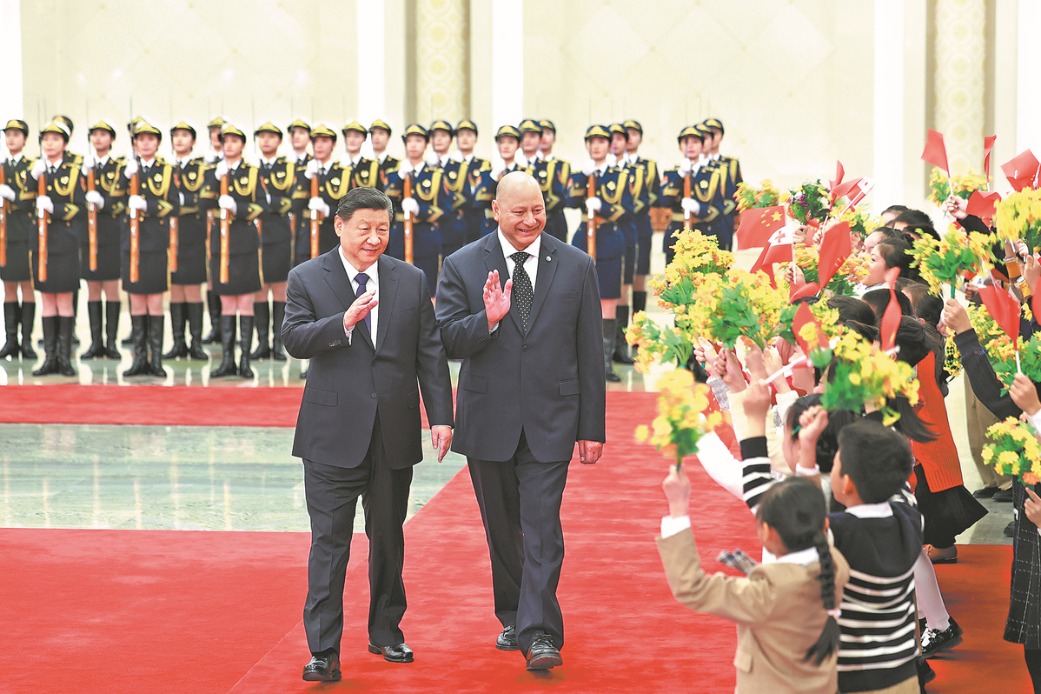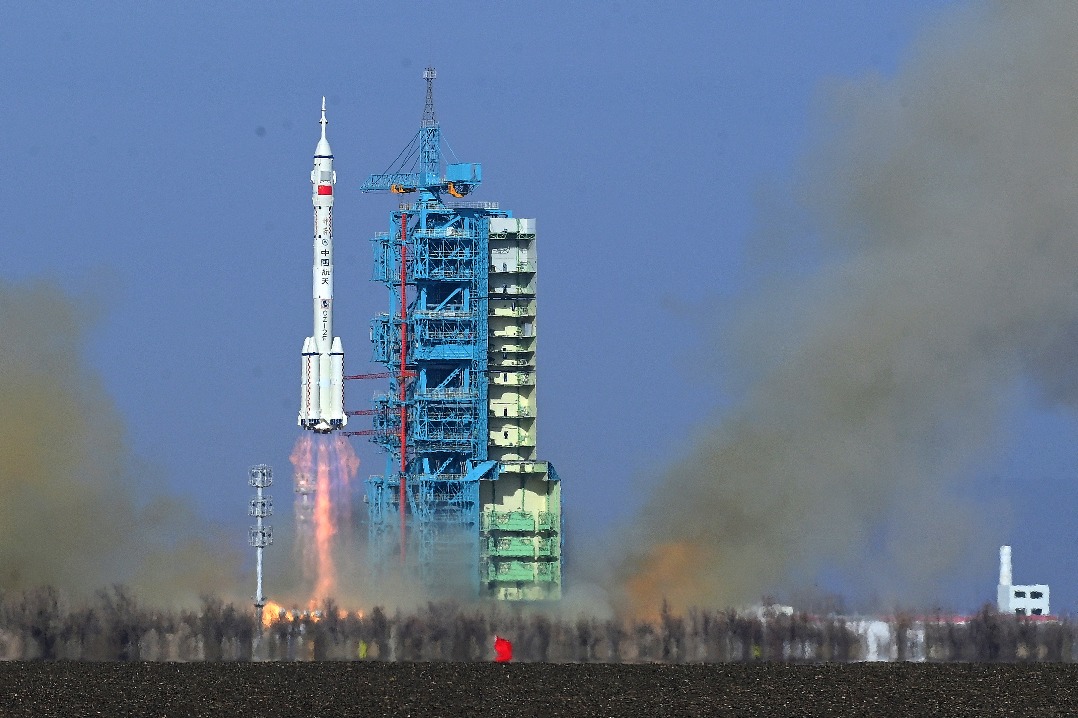City turns into 'beating heart' of sensor tech
Bengbu, Anhui province, home to over 200 companies devoted to smart sensing technology; dubbed 'China Sensor Valley' by industry insiders


Ding said that they track gestures and orientation in smartphones; monitor tire pressure, fuel flow, and braking systems in automobiles; and mimic human movement and perception in humanoid robots.
"We're not just producing chips. We're creating the sensors that allow machines to navigate the world," he said.
The journey wasn't completed in a day.
Bengbu was once part of China's old industrial belt, known more for its heavy manufacturing like glass, paper and tractors. But as the global economy pivoted toward digitization and China pressed forward with its new quality productive forces, the local government saw an opportunity to leap ahead.
Tao Guangsheng, director of the management committee of Bengbu economic and technological development area, said: "Bengbu had the industrial bones, but it needed a new nervous system. We realized that smart sensors weren't just components, they were the infrastructure of the next industrial revolution."
The rebranding of Bengbu as "China Sensor Valley" is more than just a slogan; it is also a vision anchored in reform and execution.
By 2027, the city's sensor-related companies are expected to achieve over 30 billion yuan in combined output, with an annual growth rate exceeding 50 percent.
To seize the momentum, the city has launched a wave of policy support, which includes funding packages, factory space, talent recruitment and streamlined administrative approvals. Notably, a 7-billion-yuan industry fund was set up to back major projects and firms.
In 2024, eight provincial-level departments followed to launch a set of special policies aimed at nurturing the sensor industry. These include investment subsidies, R&D incentives, IPO guidance and even global expansion support.
























